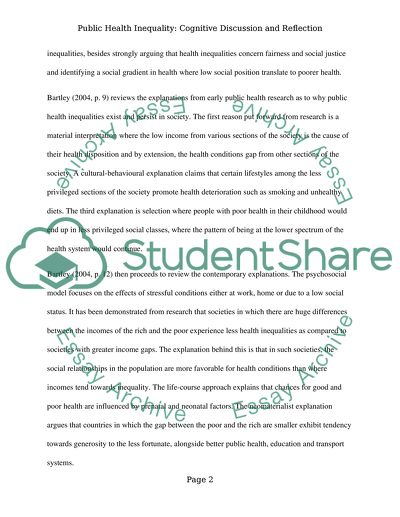Cite this document
(“Public Health Inequality: Cognitive Discussion and Reflection Essay”, n.d.)
Public Health Inequality: Cognitive Discussion and Reflection Essay. Retrieved from https://studentshare.org/health-sciences-medicine/1434386-analysing-public-health-essay
Public Health Inequality: Cognitive Discussion and Reflection Essay. Retrieved from https://studentshare.org/health-sciences-medicine/1434386-analysing-public-health-essay
(Public Health Inequality: Cognitive Discussion and Reflection Essay)
Public Health Inequality: Cognitive Discussion and Reflection Essay. https://studentshare.org/health-sciences-medicine/1434386-analysing-public-health-essay.
Public Health Inequality: Cognitive Discussion and Reflection Essay. https://studentshare.org/health-sciences-medicine/1434386-analysing-public-health-essay.
“Public Health Inequality: Cognitive Discussion and Reflection Essay”, n.d. https://studentshare.org/health-sciences-medicine/1434386-analysing-public-health-essay.


